Our commitment to eschew letter/number grades in favor of more nuanced forms of feedback is a foundation of our approach to teaching and learning. And we are proud to be leading a broad movement of 21st century schools approaching assessment from a researched-based, holistic perspective.
Bringing Preschool to Life
Everyone has their own story. Teachers, like most people, bring those stories – stories that grow out of our passions, our interests, our cultural background, and our personalities – into the workplace. These stories inform how we see the world and how we approach our work. Although teaching is what we do as a profession, it is not all that we are, and it’s those extra dimensions that make each classroom so special.
Our Growing Home: PKS Preschool Over the Past Decade
In 2009, a year after PKS opened its doors, I felt so lucky to join a tiny but cozy two room preschool in the Presidio with 25-30 students. Ten years later, a lot has changed, but watching the school (and my first students) grow and transform has been amazing. Although the school may not look the same on the outside, what makes PKS such a special place still remains: our community and sense of family.
Draw a Scientist
Instructions: Please spend five minutes drawing a scientist. Add as much detail as you can. There is no correct answer; just use your creativity and draw what comes to mind.
As you may suspect, the 'draw-a-scientist' test is not merely about art. It is, in fact, a well known experiment that has been given to tens of thousands of children over the last fifty years, and it can reveal trends in children's beliefs and stereotypes about scientists.
The Role of Homework in Learning: The Elementary Perspective
One of our goals at PKS is to instill a love of learning in our students and for them to be curious, connected, and engaged with the world. We nurture these characteristics in the classroom through authentic learning experiences, and encourage it after school by limiting the amount of homework, thereby allowing for more unstructured time to pursue passions and interests.
What Authentic Learning Looks like in the Classroom
One of the greatest joys and challenges of teaching in a progressive school is the ever evolving curriculum. Although the topics for the Units of Exploration are set, the course of study each year is driven by the ideas and questions of each year’s unique group of students; based on their interests we rethink and reshape the projects to provide meaningful, authentic learning experiences.
Presenting and Learning at the Progressive Education Network's Biennial Conference
A team of PKS teachers, myself included, just came back from the Progressive Education Network conference in Minneapolis. This conference was a twofold opportunity – not only did we get the chance to be “experts,” presenting our perspective on progressive immersion education to educators from around North America, but away from the comfort zone of our SF bubble, we also had the opportunity to learn as our students do – by questioning, exploring, and trying new things.
And the Teacher Becomes the Student….
Building a Middle School Community
A Reflection on Wonderworks
Thinking Outside our Classrooms: A Day of Peer Learning
One of our main goals at PKS is to foster a lifelong passion for learning and exploration, not only among our students but also among our parents, faculty, and staff. A few weeks ago, however, the pedagogical team wanted to try something innovative and engaging to provide our faculty and staff with a different type of professional development (PD) opportunity; something we call “Pinterest Live” or “Old School Pinterest.”
The Children are Watching
Food Museum: An Invitation from the 6th Grade Class
Building the Future of Bilingual Education
Almost ten years ago, I wrote an article titled "Academic Rigor and Student Engagement: A Perfect Match." While many feared that they would need to sacrifice student engagement in the service of academic rigor, I argued strongly that academic rigor could ONLY genuinely come together with student engagement, and that truly rigorous learning at its core needed to be about exploration, discovery, creativity, inquiry, and pattern recognition.



